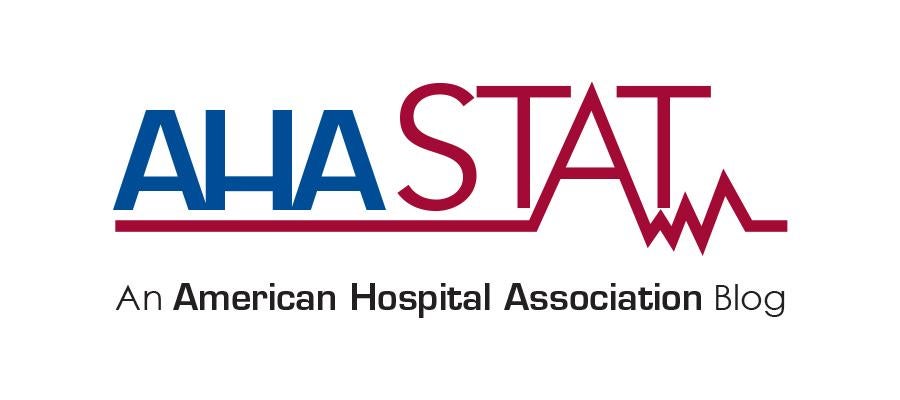Report misrepresents 340B program to deflect from sky high drug prices

The latest report from AIR340B, a group financed and backed by the pharmaceutical industry, continues to misrepresent a program with a more than 25-year history of helping hospitals stretch scarce financial resources to expand and improve access to lifesaving prescription drugs and comprehensive health services for the many patients served by participating hospitals.
The report attempts to mislead the debate, which should be focused on the exorbitant prices patients and hospitals are paying for drugs, by comparing changes in the “charity care” provided by disproportionate share hospitals that participate in the 340B Drug Pricing Program.
The report misrepresents the 340B program in two important ways:
First, as with their prior study, the AIR340B report continues to narrowly focus on charity care, which is only part of the story of how savings from the 340B program underwrite participating hospitals’ community benefit. It ignores other costs shouldered by hospitals, including total uncompensated care and underpayments by public programs, such as Medicare and Medicaid.
In 2017, hospitals’ combined underpayments were $76.8 billion and uncompensated care totaled $38.4 billion. In addition, 340B hospitals provided $56.1 billion in total community benefits in 2016 alone, which represents more than twice the total drug sales in the 340B program.
The report also ignores the many ways 340B hospitals use their savings to provide critical services to the communities they serve, including:
- providing financial assistance to patients unable to afford their prescriptions;
- providing clinical pharmacy services, such as disease management programs or medication therapy management;
- funding other medical services, such as obstetrics, diabetes education, oncology services and other ambulatory services;
- establishing additional outpatient clinics to improve access; and
- creating new community outreach programs.
Second, the report incorrectly suggests that current 340B eligibility criteria are not targeting the appropriate hospitals for participation in the program. Hospitals already have a high threshold to qualify for the program.
In addition to providing care to large volumes of low-income patients, 340B hospitals operate on razor thin margins, with approximately one out of every four 340B hospitals having a negative operating margin. For outpatient services, 340B hospitals had total and outpatient Medicare margins of negative 18.5% and negative 16.7%, respectively. In contrast, a 2017 GAO study found that pharmaceutical companies enjoyed annual profit margins between 15% and 20%.
This report from AIR340B and its funders continues to obfuscate the truth about the critical value of the 340B program — all with the goal of making harmful changes to the program to add to pharmaceutical companies’ bottom lines.
Tom Nickels is the executive vice president of the AHA.

